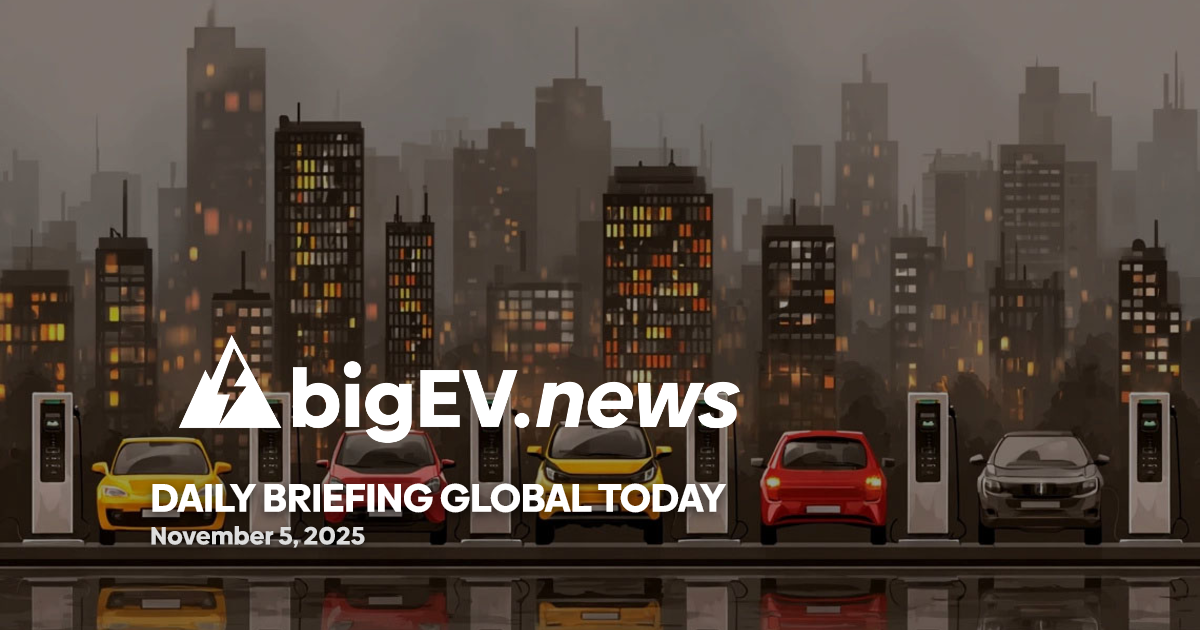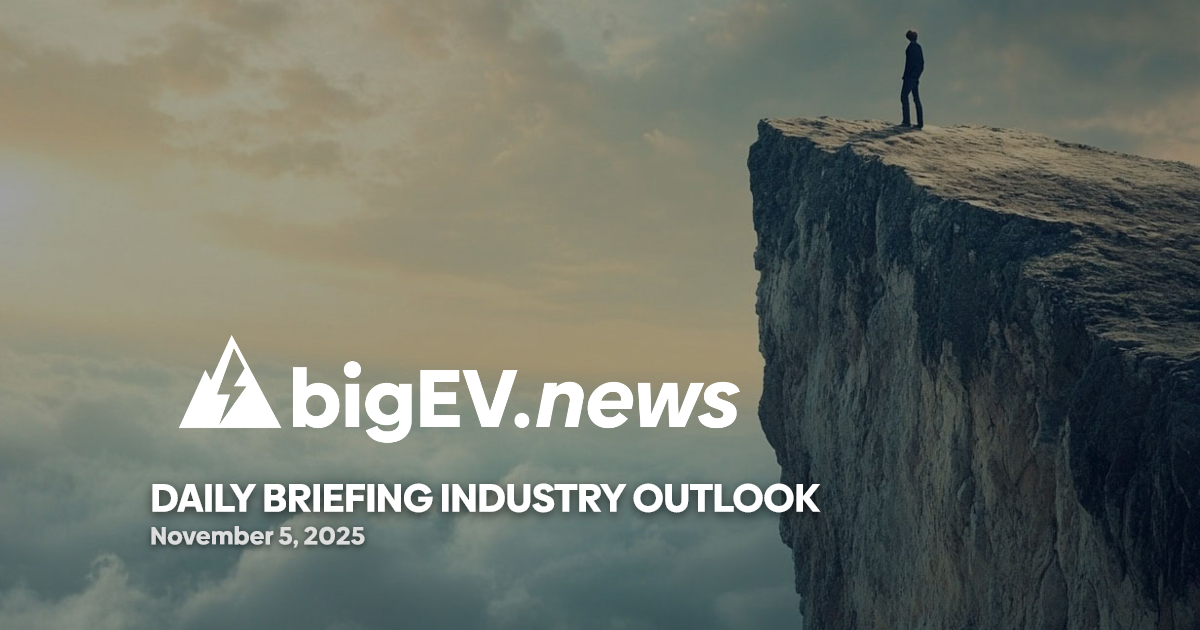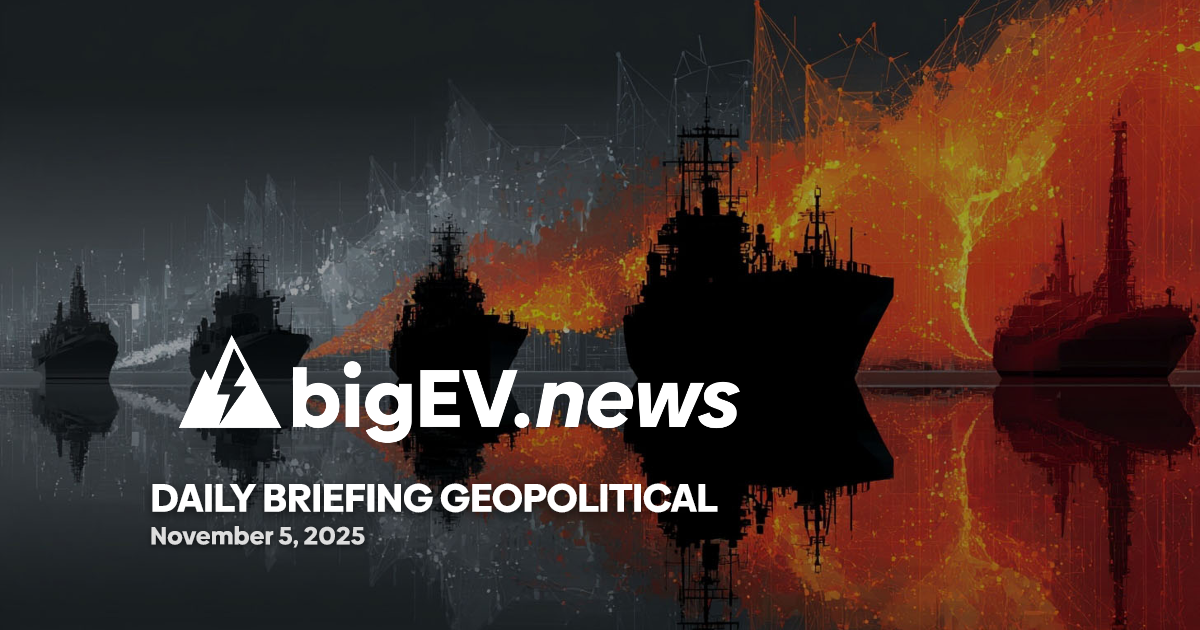The geopolitical landscape surrounding trade is increasingly influenced by the critical minerals sourced from the Democratic Republic of the Congo (DRC), which holds a significant share of the world's cobalt reserves. As global demand for electric vehicles and renewable energy technologies surges, the DRC's role as a supplier becomes paramount. However, the complexities of due diligence in sourcing these minerals cannot be overlooked; issues such as human rights violations, environmental degradation, and the influence of armed groups complicate the supply chain. Companies and governments must navigate these challenges to ensure ethical sourcing while maintaining competitiveness in a rapidly evolving market. The stakes are high, as failure to address these concerns could lead to reputational damage and regulatory repercussions for businesses involved in the mineral trade.
To mitigate risks associated with sourcing from the DRC, stakeholders must adopt comprehensive due diligence frameworks that prioritize transparency and ethical practices. This involves not only adhering to international standards but also engaging with local communities and monitoring supply chains rigorously. Key insights reveal that collaboration among governments, NGOs, and private sectors is essential to foster responsible mining practices and enhance the sustainability of mineral extraction. The implications of these strategies extend beyond compliance; they can shape the future of global trade dynamics, influence investment decisions, and ultimately contribute to a more stable geopolitical environment. As the demand for critical minerals continues to rise, the integration of ethical considerations into trade practices will be crucial for long-term success and stability in the sector.








